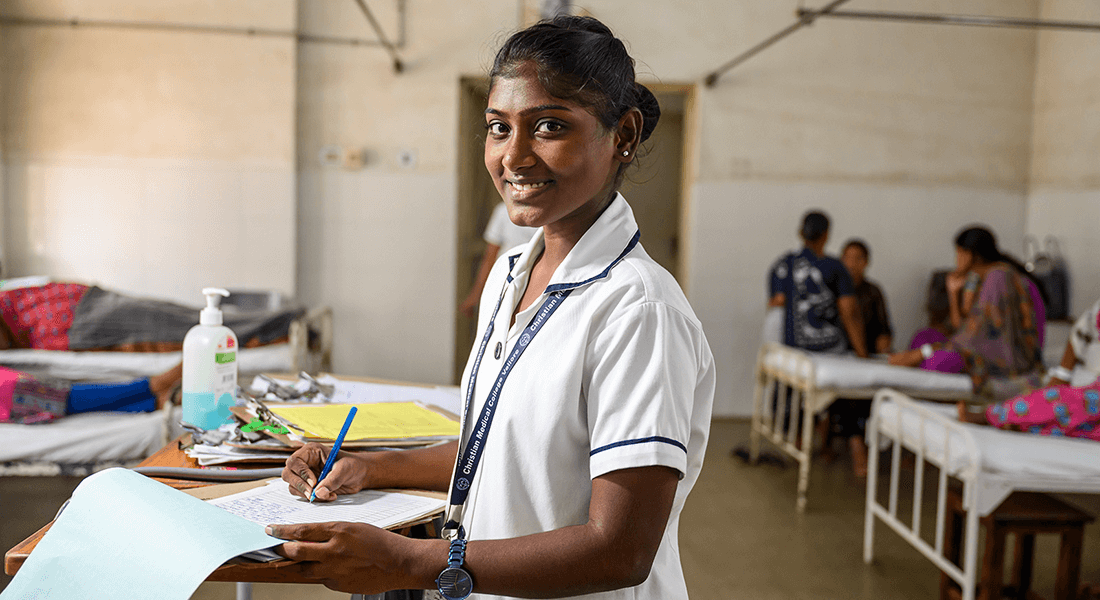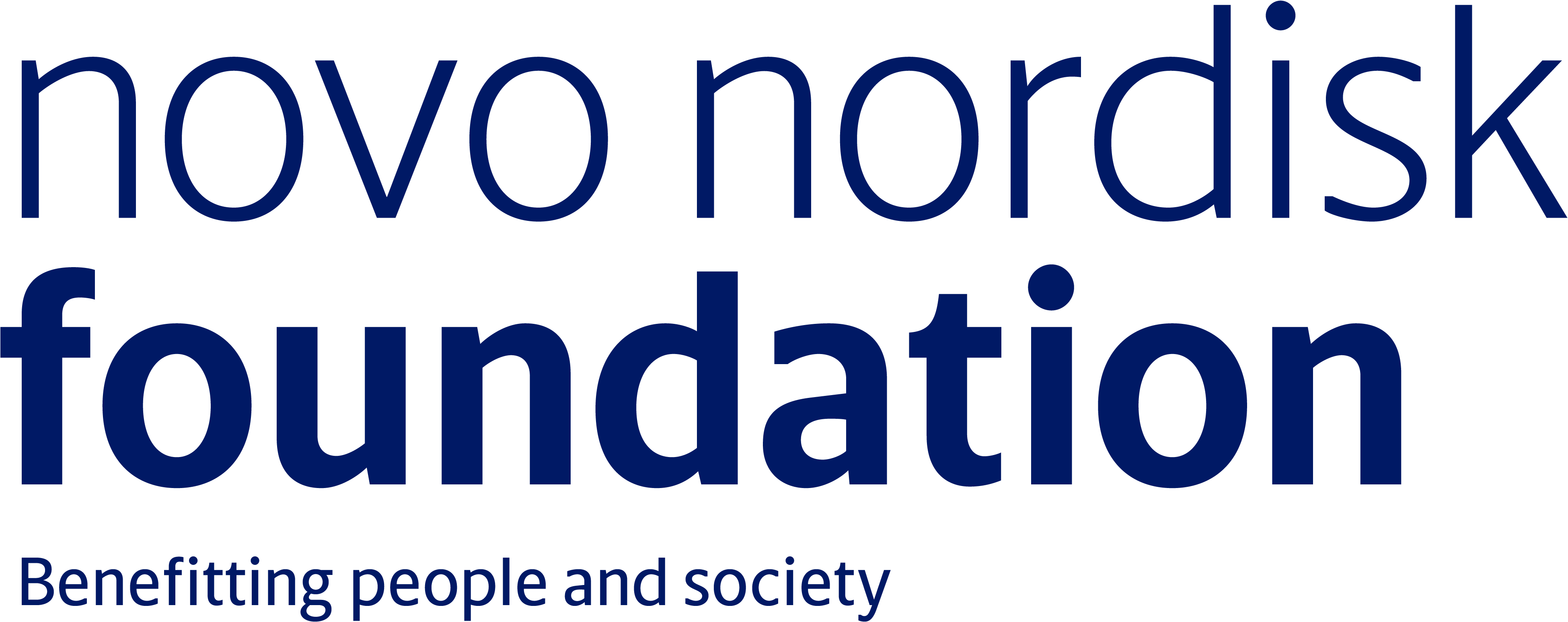Partnership for Education of Health Professionals
Since 2022, the Department of Public Health and Centre for Online and Blended Learning (COBL) have been part of the large-scale international research and capacity development project Partnership for Education of Health Professionals (PEP).

Our part of the PEP project focuses on collaborative capacity development with partners in India and Kenya. The goal is to enhance the formal health professions education systems as a means to addressing pressing challenges such as the rising burden of cardiometabolic diseases, healthcare workforce shortages, and underserved populations.
The work is guided by three interlinked objectives:
- To strengthen the capacity of PEP partners to successfully leverage digitalization to enhance educational quality and reach in India and Kenya
- To strengthen the PEP partners capacity to address challenges facing health professions education in India and Kenya through an ambitious agenda of collaborative educational research
- To strengthen the PEP partners capacity to address challenges at the intersection of education and clinical practice for Indian and Kenyan health professionals through an ambitious agenda of collaborative social science research
Project management
- Anne-Marie Mosbech, Head of COBL
- Caroline Clemens Egeland, Project Coordinator
- Helle Max Martin, Senior Education Advisor
- Jane Brandt Sørensen, Associate Professor
- Lasse X Jensen, Assistant Professor
Project staff
- Alexandra Buhl, PhD Fellow
- Anastasia Piterou, Digital Education Specialist
- Anne Kirkegaard, Instructional Designer
- Christian Schmidt Grimes, Digital Media Producer
- Dan Meyrowitsch, Professor
- Ellie Edmond Shimmin, Research Assistant
- Gert K Nielsen, Graphic Designer
- Helle Lottrup Halkjær Rhode, Learning Designer
- Jonas Nilaus Vilhelmsen, Digital Content Creator
- Maansi Parpiani, Postdoctoral Fellow
- Sif Sofie Vange, PhD Fellow
- Suchismita Goswami, Postdoctoral Fellow
- Torsten Risør, Associate Professor
- Ulla Blomhøj, Educational Developer
Key achievements from our collaborative activities during PEP Phase 1 include:
- Over 300 faculty and support staff participated in onsite workshops on online and blended learning techniques at partner institutions in India.
- Three exchange visits to UCPH with 20 staff from AIIMS, CMC, and PHFI.
- One Massive Open Online Course (MOOC) on CMD prevention, management, and care for health professionals jointly developed by CMC and UCPH, ready for launch in November 2024.
- Two video-based online learning resources (An introduction to HPE research and Innovative approaches to OBL) targeting faculty and teaching-learning specialists at HPE institutions in LMICs.
- Nine online seminars on educational research and online and blended learning with almost 700 participants (and to be continued).
- Six health professions education research mentorships established between Indian staff and experienced international researchers.
- Jensen, L. X., Bearman, M., Boud, D., & Konradsen, F. (2025). Feedback encounters in doctoral supervision: The role of generative AI chatbots. Assessment & Evaluation in Higher Education, 0(0), 1–14. https://doi.org/10.1080/02602938.2025.2478155
- Jensen, L. X., Buhl, A., Hussain, S., Karan, A., Konradsen, F., & Bearman, M. (2023). Digital education for health professionals in India: A scoping review of the research. BMC Medical Education, 23(1), 561. https://doi.org/10.1186/s12909-023-04552-2
- Jensen, L. X., Buhl, A., Sharma, A., & Bearman, M. (2024). Generative AI and higher education: A review of claims from the first months of ChatGPT. Higher Education. https://doi.org/10.1007/s10734-024-01265-3
- Karan, A., Hussain, S., Jensen, L. X., Buhl, A., Bearman, M., & Zodpey, S. (2024). Non-communicable diseases, digital education and considerations for the Indian context – a scoping review. BMC Public Health, 24(1), 1280. https://doi.org/10.1186/s12889-024-18765-7
PEP partners in India
- All India Institute of Medical Sciences (AIIMS), New Delhi
- Public Health Foundation of India (PHFI)
- Christian Medical College (CMC), Vellore
PEP partners in Kenya
- Amref Health Africa
- Ministry of Health (MoH)
- Kenya Medical Training College (KMTC)
- African Population and Health Research Center (APHRC)
- Non-Communicable Disease Alliance Kenya (NCDAK)
PEP partners in Denmark
Other collaborators
- Centre for Research in Assessment and Digital Learning (CRADLE), Deakin University, Australia
- Copenhagen Academy for Medical Education and Simulation (CAMES), Denmark
Contact
Jane Brandt Sørensen
Social science and capacity research
Anne-Marie Mosbech
Digital education, India
Lasse X Jensen
Educational research
Helle Max Martin
Digital education, Kenya

